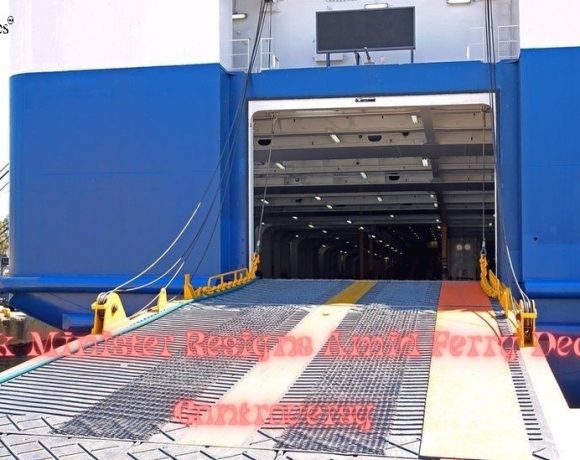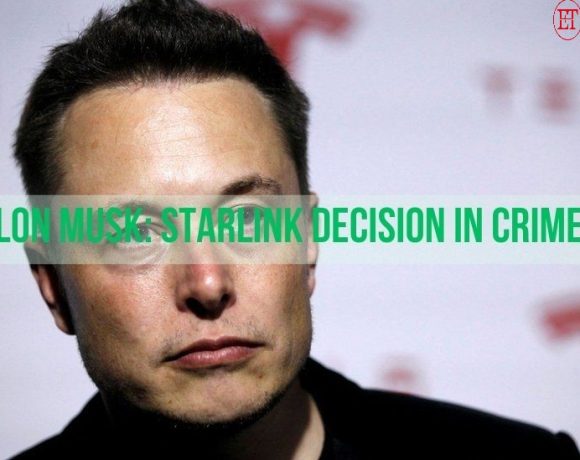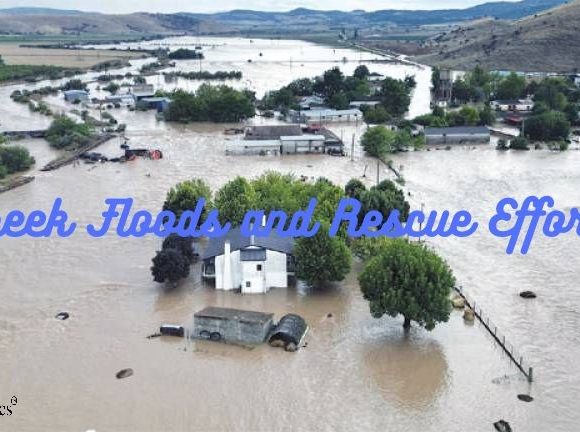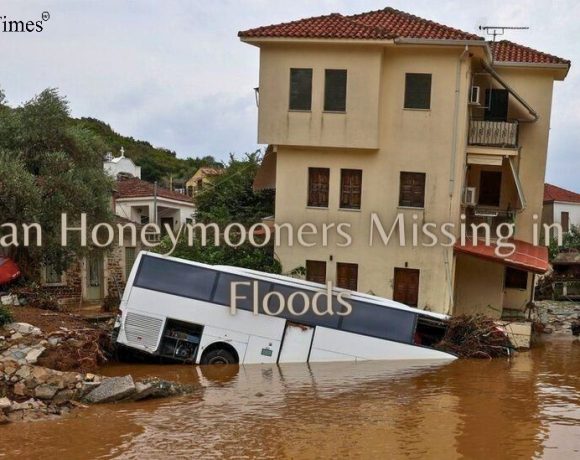
A Dutch art detective, Arthur Brand, successfully recovered a stolen Van Gogh painting from a Dutch museum in March 2020, ending a quest spanning three and a half years.
Brand mentioned that the 139-year-old artwork was delivered to him in an unconventional manner: a man showed up at his doorstep with the painting concealed within a pillow and an Ikea bag. He emphasized that this operation was carried out in close coordination with Dutch law enforcement, and they were confident that the person returning the painting was not connected to the theft.
The original theft occurred when an individual used a sledgehammer to break into the Singer museum in Laren, located southeast of Amsterdam, at the onset of the COVID-19 lockdown. The stolen artwork, titled “The Parsonage Garden at Nuenen in Spring,” had been on loan from a museum in Groningen and is valued at several million euros.
In 2021, a career criminal named Nils M, who lived near Laren, was sentenced to eight years in prison for the theft, but by that time, the painting had already changed hands. DNA evidence linked Nils M to both the theft of the Van Gogh painting and another theft of a Frans Hals painting in Leerdam, near Utrecht.
Intercepted communications revealed that a criminal group had acquired the stolen Van Gogh painting with the intention of using it as leverage to secure reduced prison sentences. Arthur Brand, collaborating closely with Dutch law enforcement, had received images confirming the painting’s existence as early as June 2020.
Eventually, a man in Amsterdam approached Brand and offered to return the painting under the condition of strict confidentiality, as it had become a cumbersome burden for those in possession of it. The exchange occurred at Brand’s residence, with the director of the Groninger museum verifying the artwork’s authenticity at a nearby bar’s street corner.
The painting, upon recovery, was wrapped in a pillow with bloodstains, as the person returning it had injured their finger during retrieval.
The Dutch police’s arts crime unit authenticated the recovered painting, and Andreas Blühm, the head of the Groninger museum, expressed his delight at its safe return. While slightly damaged, the artwork can be restored. Currently, the Van Gogh painting is in the custody of the Van Gogh museum, and it may take several weeks or months before it is ready for public display.
Picture Courtesy: Google/images are subject to copyright











